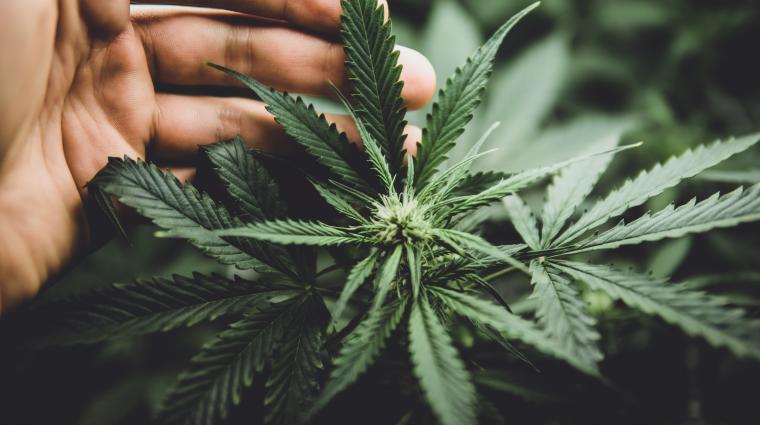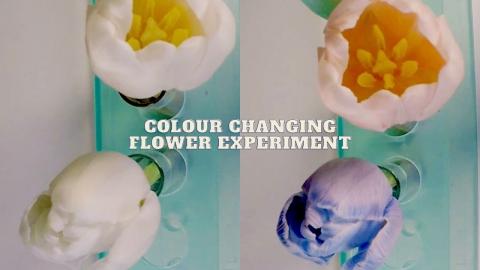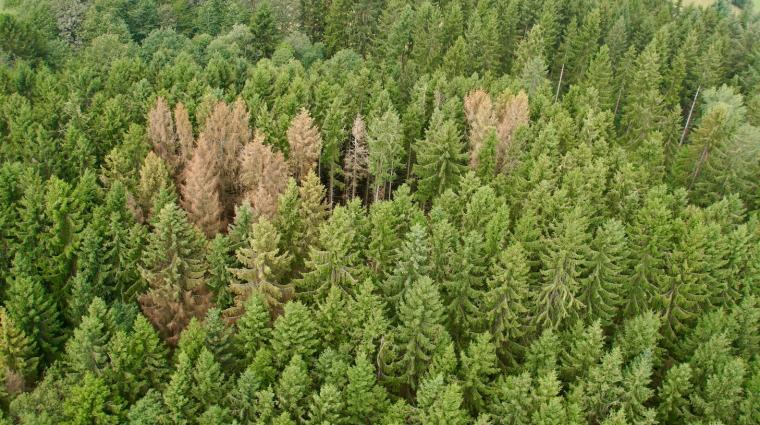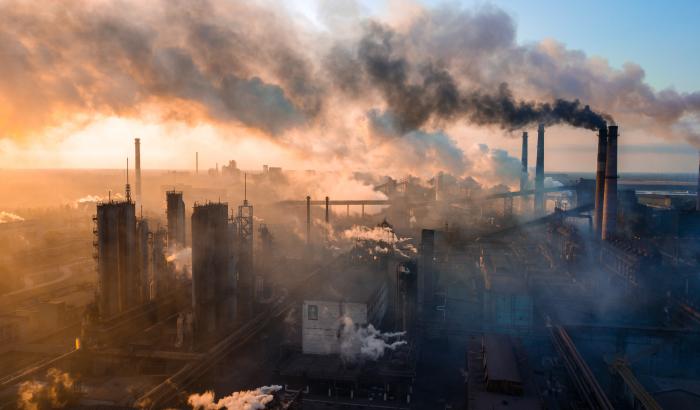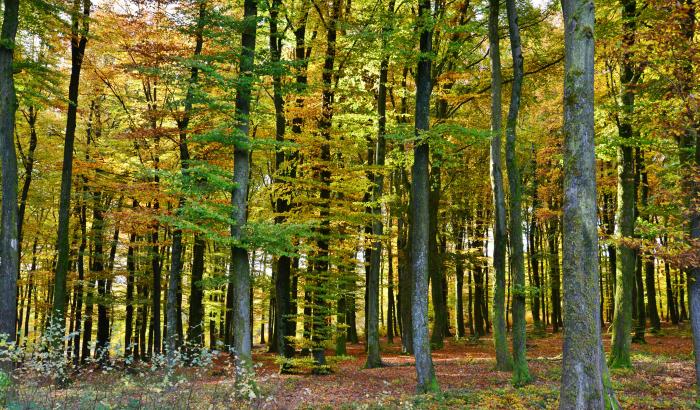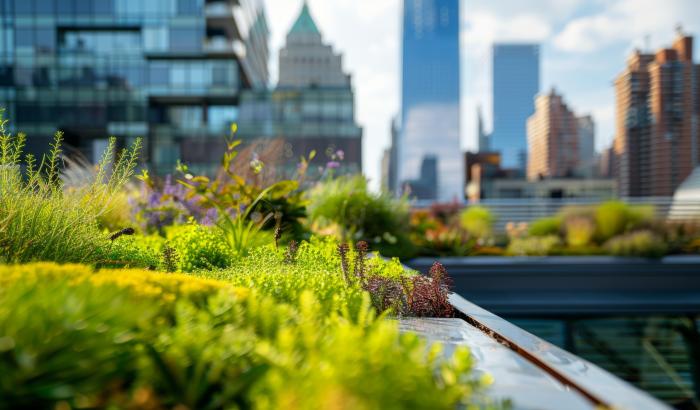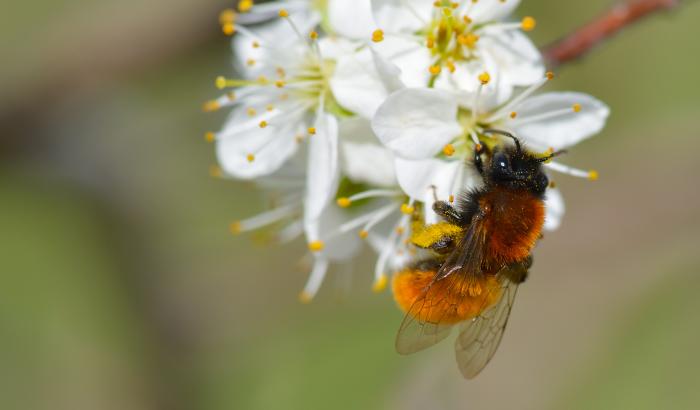(C) LIST
LIST and its partners present encouraging first results only one year into a project dedicated to reducing pesticides in Luxembourg’s waters thanks to an improved crop rotation for rapeseed.
Since the end of 2015, the Luxembourg Institute of Science and Technology (LIST) together with national partners aspire to reduce the risk of potential groundwater contamination from pesticides in Luxembourg. Up until 2020, they will specifically focus on winter rapeseed, an important crop in Luxembourg grown on 5000 ha on average per year and characterized by intense usage of fertilizers and pesticides.
Partners will first identify suitable cultivation techniques to reduce the amount of herbicides and highly mobile processing products used in areas dedicated to oilseeds, and secondly explore the potential substitutes such as oil producing crops like false-flax, based on multi-side agricultural field trials.
Promising initial results
The first experimental year now complete, multiple datasets from field trials have been recorded and analysed by the project partners. The extreme meteorological conditions
during the 2016 growing season could bias some of the preliminary results, but they are nevertheless very encouraging:
- New cropping techniques - especially those of “Colza Associé” which consists of a mixed crop of rapeseed, lentils and clover, and has the potential to supress weeds – can be successfully integrated in agriculture even if it will change the operational procedures for the farmers.
- These new cropping techniques will allow the reduction of both the number of herbicide applications and the risk of groundwater contamination.
- An overview of weed species, i.e. plants that grow completely spontaneously, in rapeseed was carried out and 24 of them have been identified. They now have to be targeted by alternative cropping techniques.
- The production of flaxseed oil has been identified as a potential substitute for rapeseed oil but both the commercialization chain and market opportunities for this crop still need to be analysed in the Greater Region.
Continuation of field trials
Field trials will continue over the coming years and will focus on herbicide residues in the soil from different experimental varieties. In particular, oil-producing hemp will be grown as a possible alternative crop for rapeseed oil in the future. Data on the composition of weed plants in interaction with cropping techniques will also be recorded.
Author: LIST
Photo: LIST
Infobox
Since the end of 2015, in the framework of the project “Efficient Crop Rotation Systems for Oilseed Rape” (EFFO) – co-funded by the Ministry of Sustainable Development and
Infrastructure, the Ministry of Agriculture, Viticulture and Consumer Protection and the Ministry of Higher Education and Research – the Luxembourg Institute of Science and Technology (LIST), the Fördergemeinschaft Integrierte Landbewirtschaftung, the Chambre d’Agriculture and the Lycée Technique Agricole aspire to reduce the risk of potential groundwater contamination from pesticides in Luxembourg. In this project, led by the Fördergemeinschaft Integrierte Landbewirtschaftung, Luxembourg’s Chambre d’Agriculture conducts the field trials, while LIST is responsible for the acquisition and scientific analysis of data, and the Lycée Technique Agricole supervises the implementation of key findings into the education of young farmers.
For further information about the project and it’s first results, contact: Michael Eickermann, michael.eickermann@list.lu

